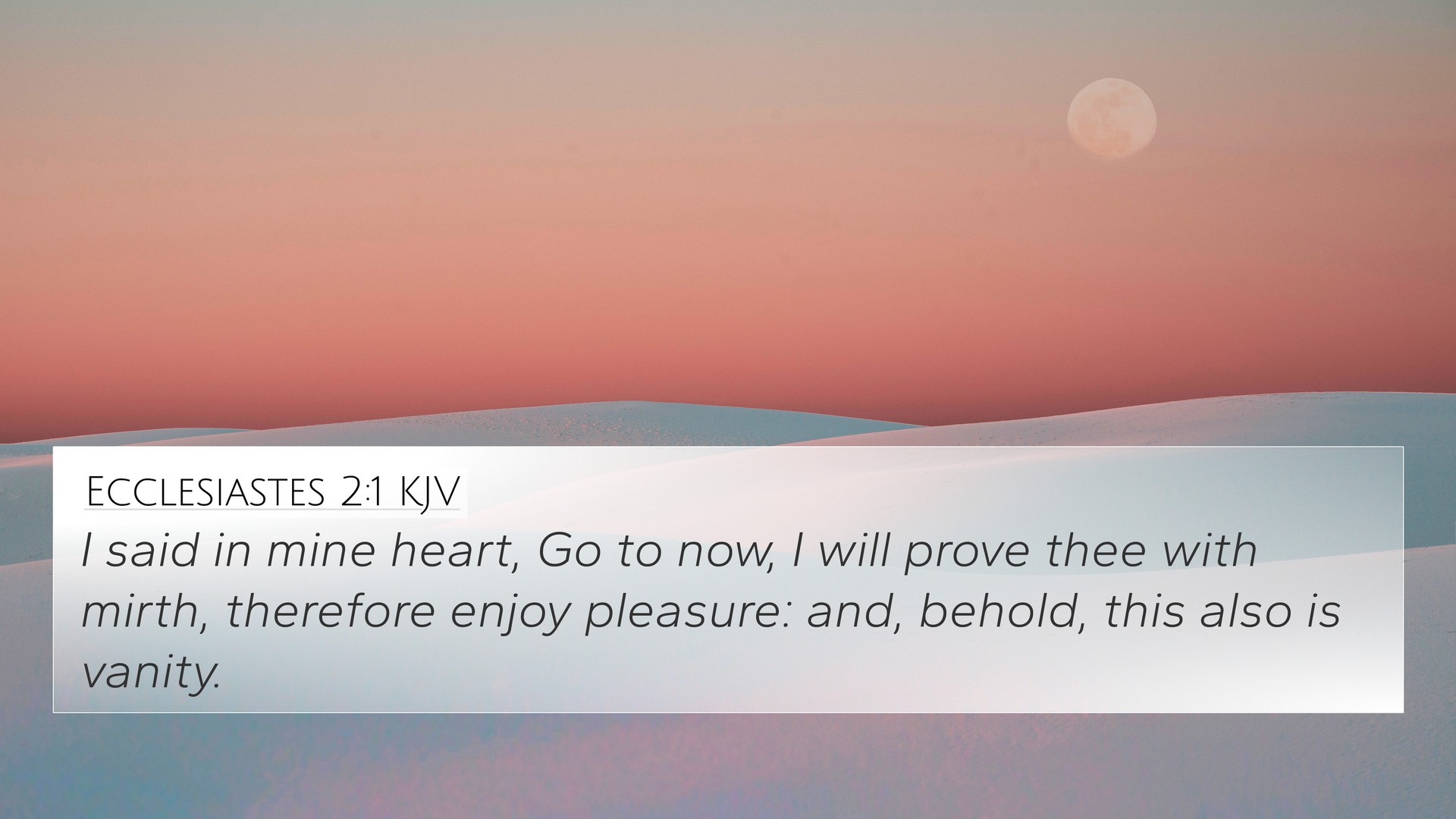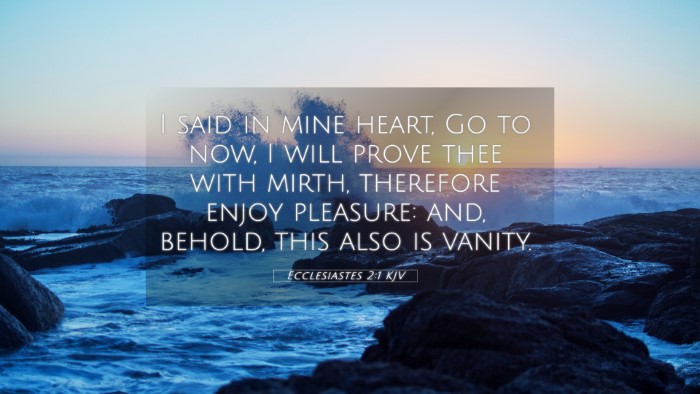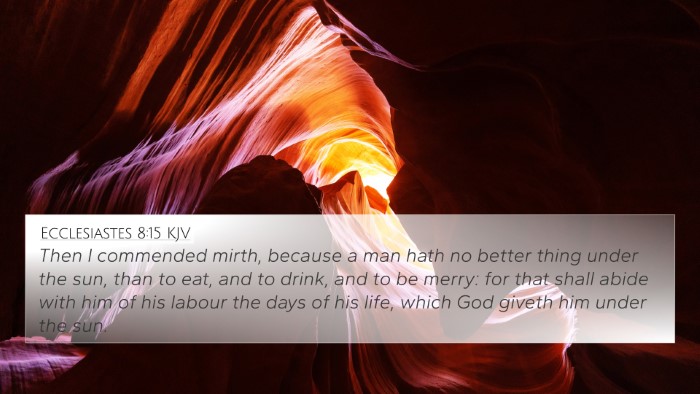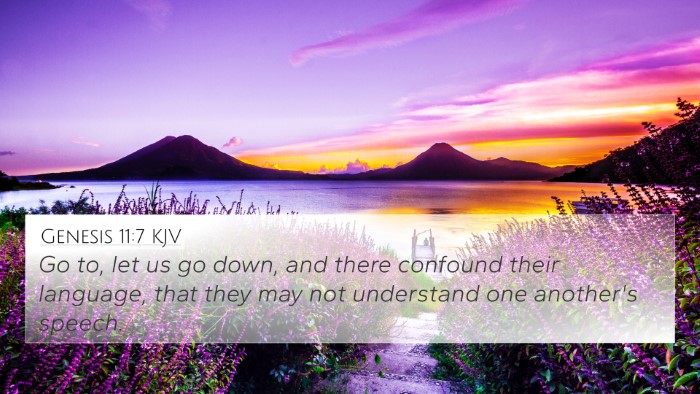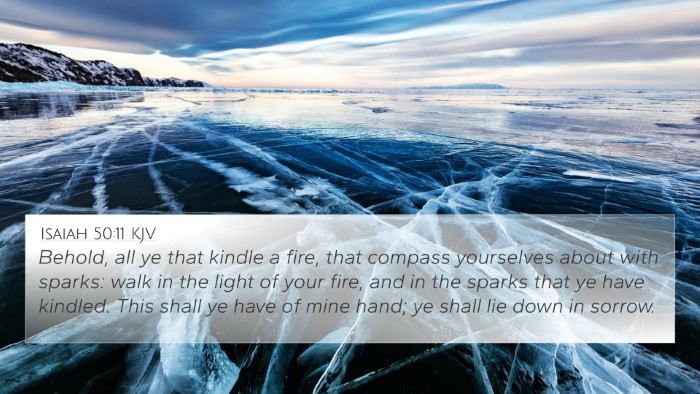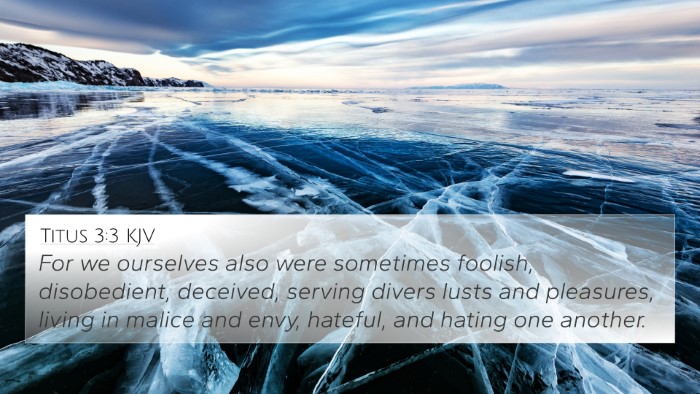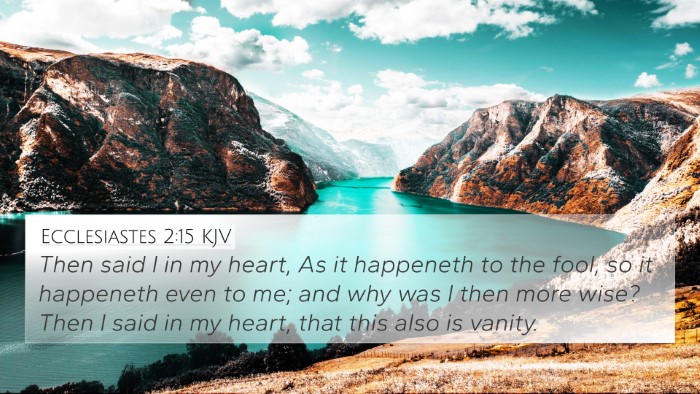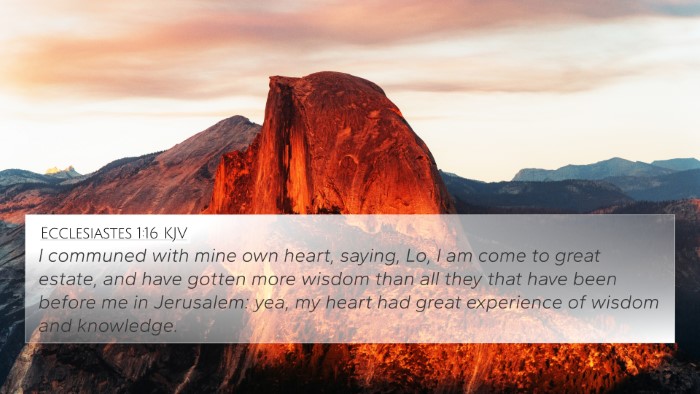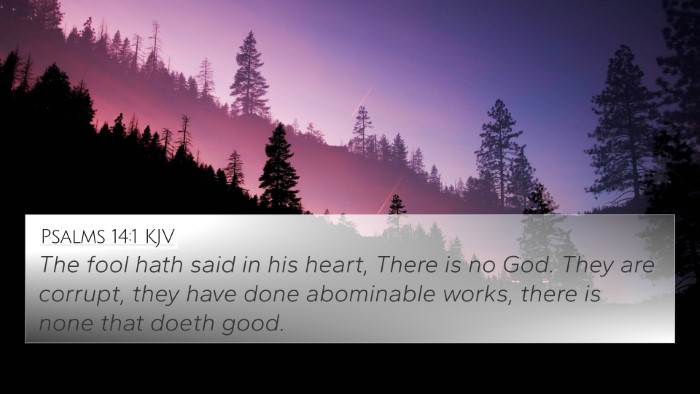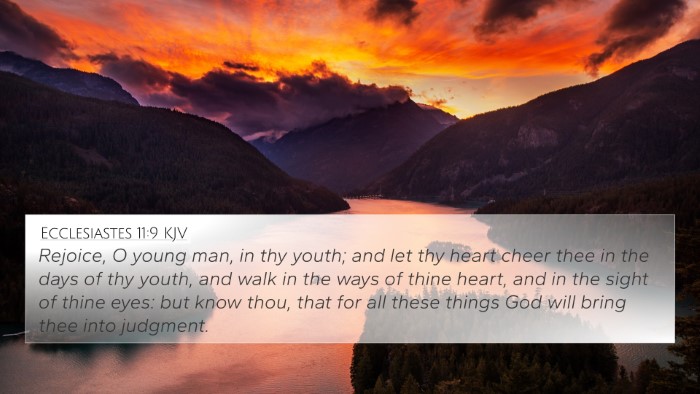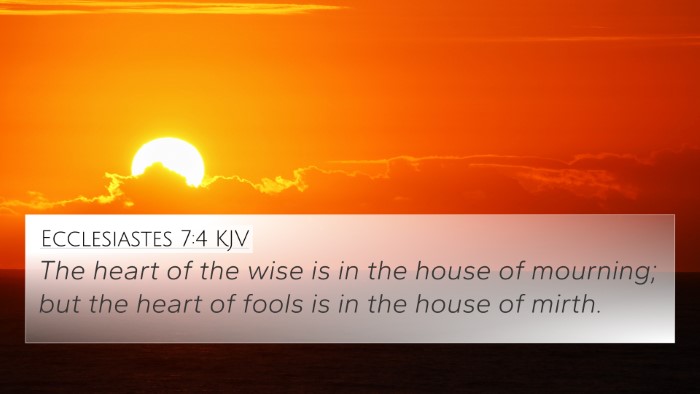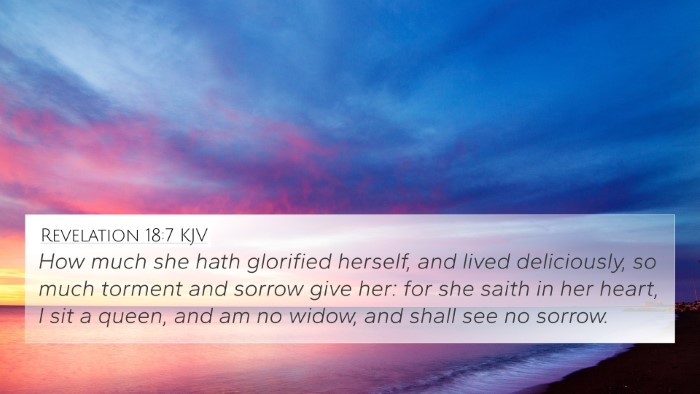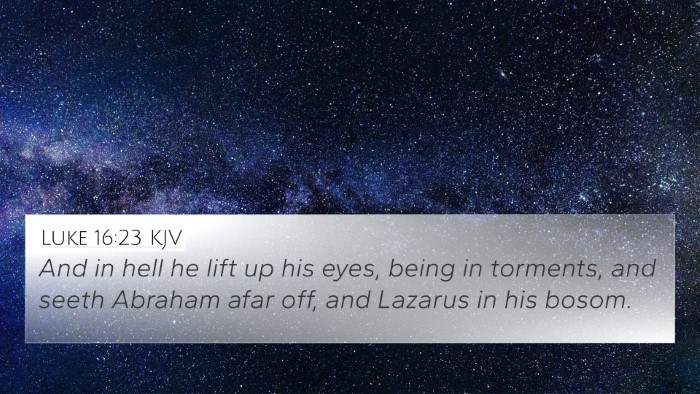Understanding Ecclesiastes 2:1
This passage from Ecclesiastes 2:1 presents a reflection on the pursuit of pleasure and the efficacy of human endeavors. The verse reads:
"I said in my heart, 'Come now, I will test you with pleasure; enjoy yourself.' But behold, this also was vanity."
Summary of Insights
The insights from public domain commentaries, such as those by Matthew Henry, Albert Barnes, and Adam Clarke, collectively provide a rich tapestry of understanding regarding Ecclesiastes 2:1.
Matthew Henry's Commentary
Henry emphasizes the futility of seeking satisfaction through earthly pleasures. He introduces the idea that the pursuit of pleasure does not yield lasting contentment and often leads to despair. He notes that the heart's desires can mislead one into thinking that joy and fulfillment can be found in transient experiences.
Albert Barnes' Commentary
Barnes adds depth by discussing the notion of “vanity” as it relates to human actions. He explains that while one may indulge in pleasure, such pursuits ultimately prove meaningless without a divine purpose. Barnes points out that pleasure, when disconnected from God, loses its value and further emphasizes the transitory nature of worldly enjoyment.
Adam Clarke's Commentary
Clarke explores the philosophical underpinnings of the verse, contemplating the motives behind seeking pleasure. He argues that the author, through a series of experiments, is questioning the value of wisdom versus folly. Clarke highlights that the realization of the emptiness of pleasure is a critical step towards a greater understanding of life’s purpose.
Key Themes and Connections
This verse serves as a pivot for many thematic Bible verse connections. Here are several relevant cross-references that illustrate similar themes of vanity, pleasure, and the search for meaning:
- Proverbs 14:13: "Even in laughter the heart may ache, and the end of joy may be grief." - Reflection on the temporary nature of pleasure.
- Ecclesiastes 1:2: "Vanity of vanities, says the Preacher, vanity of vanities! All is vanity." - Sets the thematic stage for the entirety of Ecclesiastes.
- Romans 8:20-21: "For the creation was subjected to futility, not willingly, but because of him who subjected it, in hope..." - Highlights the inherent futility in the created order, linking human experience to divine purpose.
- Philippians 3:19: "Their end is destruction, their god is their belly, and they glory in their shame..." - Discusses the emptiness of pursuing fleshly desires.
- 1 John 2:17: "And the world is passing away along with its desires, but whoever does the will of God abides forever." - Contrasts fleeting pleasures with eternal values.
- Matthew 6:19-20: "Do not lay up for yourselves treasures on earth, where moth and rust destroy..." - Emphasizes the wisdom of prioritizing heavenly treasures over earthly ones.
- Psalm 39:5: "Behold, you have made my days a few handbreadths, and my lifetime is as nothing before you..." - Reflects on the brevity of life and its implications on our pursuits.
The Importance of Contextual Analysis
In studying Ecclesiastes 2:1, it is crucial to engage in comparative Bible verse analysis. This involves exploring how this verse interacts with other scriptures that discuss similar themes and ideas. Understanding these connections can provide more profound insights into the meaning and application of this verse.
Tools for Cross-Referencing
Utilizing a Bible cross-reference guide can significantly enhance your study and understanding of scripture by:
- Identifying connections between verses
- Exploring links between the Old and New Testaments
- Facilitating comparative studies among biblical texts
- Offering insights into thematic connections across various books
Applying Ecclesiastes 2:1 in Daily Life
Recognizing the vanity of pleasure-seeking can lead to a more fulfilling spiritual journey. As believers, it is vital to seek joy and meaning in God rather than in temporary experiences. This perspective aligns with the overarching message of Ecclesiastes, encouraging individuals to find purpose in divine wisdom rather than in earthly delights.
Further Study and Reflection
For those who wish to deepen their understanding of Ecclesiastes 2:1 and its connections, consider conducting a cross-reference Bible study. Reflect on how this and related verses illuminate the nature of life, fulfillment, and contentment.
Conclusion
Ecclesiastes 2:1 invites readers to contemplate the deeper questions of life and the pursuit of happiness. Coupled with insights from notable biblical commentaries and an analysis of related scriptures, believers are encouraged to seek Christ-centered fulfillment over fleeting earthly pleasures.
